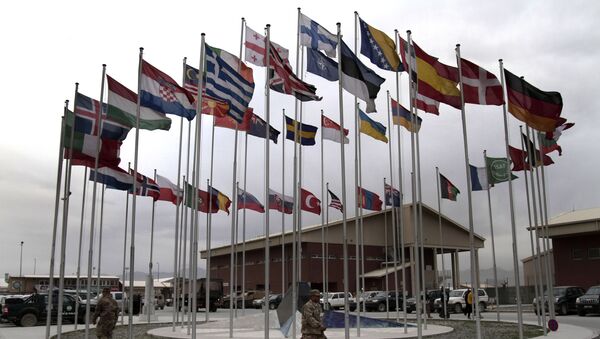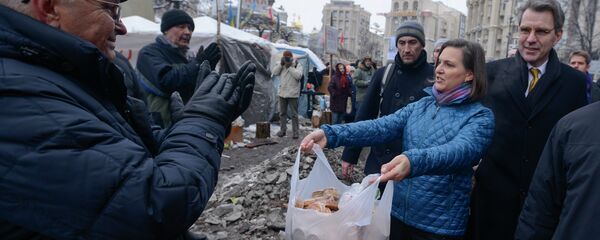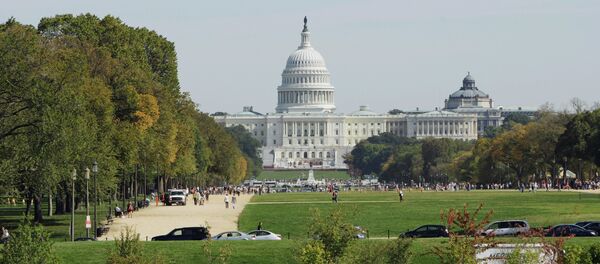There is an illusion that a "victorious coalition" that has won a systemic war will continue to govern as effectively as it fought, Chairman of Stratfor George Friedman emphasized, adding that NATO, World Bank and the International Monetary Fund (IMF) fail to meet the needs of today's world.
"After the Cold War ended, it was assumed that the United Nations, NATO, IMF, World Bank and other multinational institutions could manage the global system. In each case, the victorious powers sought to use wartime alliance structures to manage the post-war world. In each case, they failed, because the thing that bound them together — the enemy — no longer existed. Therefore, the institutions became powerless and the illusion of unity dissolved," George Friedman stressed.
At the same time, the IMF has itself turned into "the problem and not the solution to economic difficulties."
The collapse of the Soviet Union – the event highly praised by Washington and its allies – led to a string of processes in Eurasia the West and its Cold War institutions were unable to handle.
"The Cold War delayed the emergence of realities that were buried under its weight, and the prosperity of the 1990s hid the limits of Eurasia as a whole. What we are seeing now are fundamental re-emerging realities that were already there," the expert noted.
Current Russo-Western geopolitical tensions over Ukraine as well as Russia's domestic economic problems are part of general destabilization in Eurasia.
"A vast swath of the Eurasian landmass (understood to be Europe and Asia together) is in political, military and economic disarray," George Friedman stressed.
In contrast, the Western Hemisphere is "relatively stable," the expert underscored, adding that the United States is yet, by far, "the world's most powerful nation." However, at the same time the expert admitted that Washington is unable to contain the destabilizing forces and solve the world's problems.
"That does not mean that the United States can — or has an interest to — solve the problems of the world, contain the forces that are at work or stand in front of those forces and compel them to stop. Even the toughest guy in the bar can't take on the entire bar and win," the Stratfor chairman concluded.







